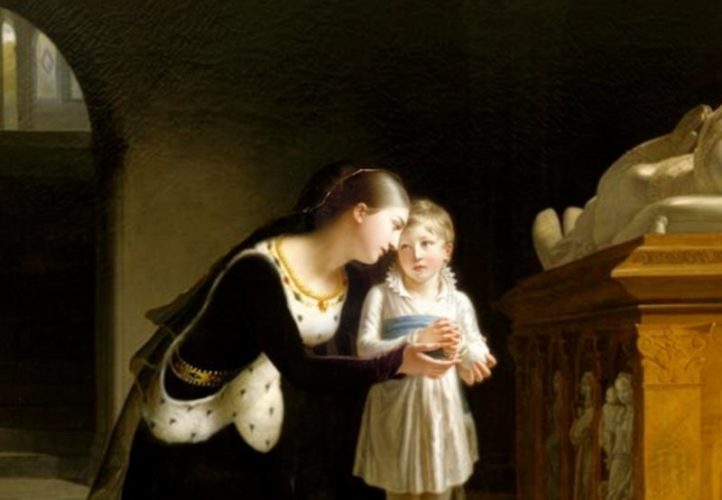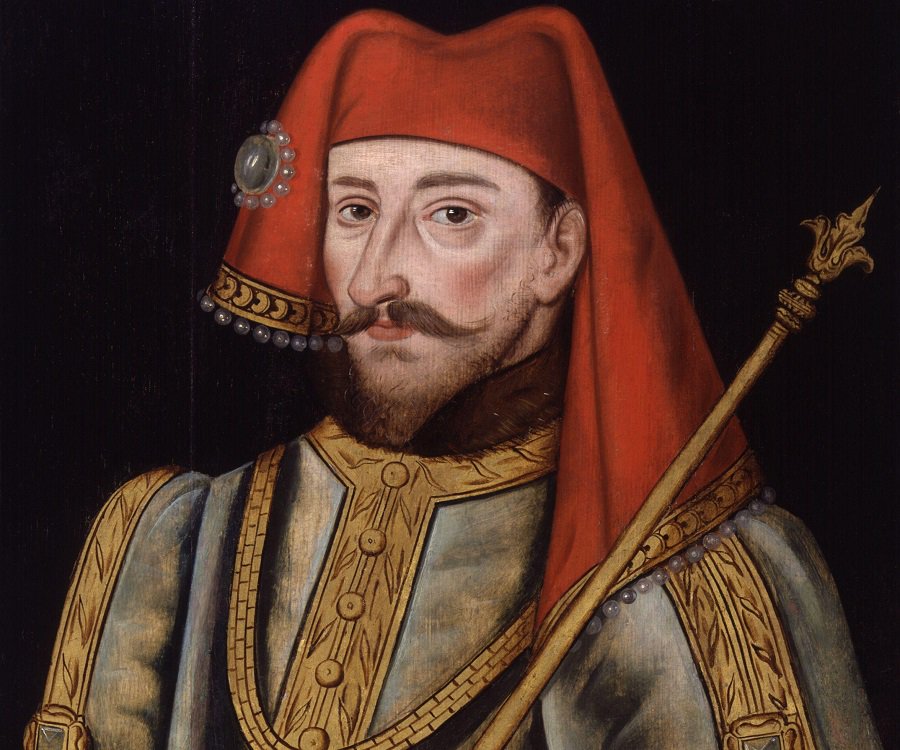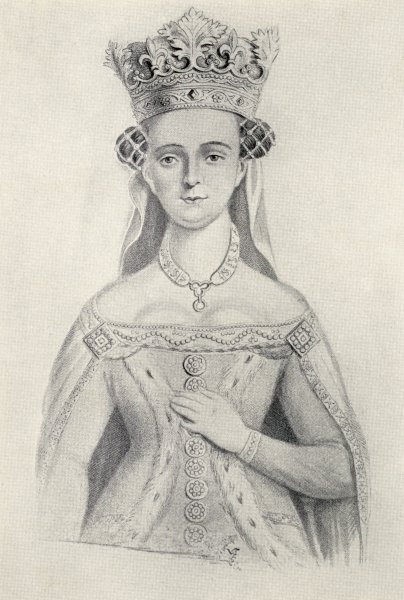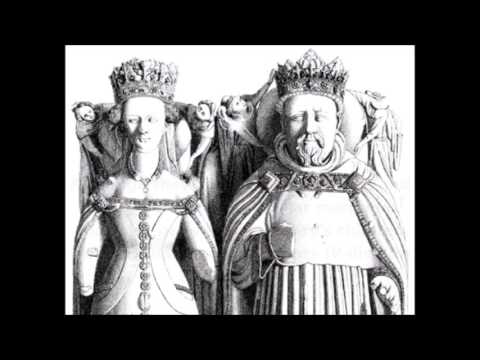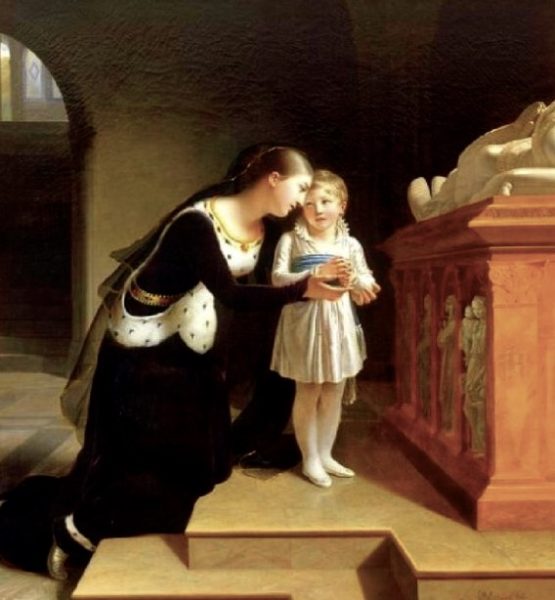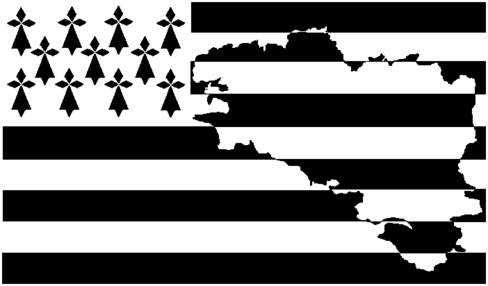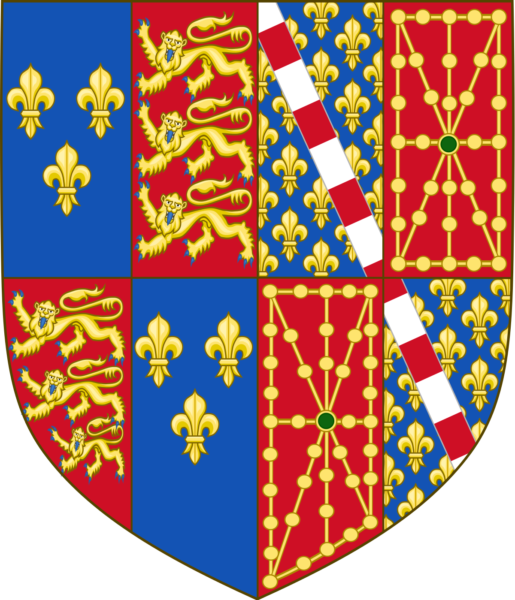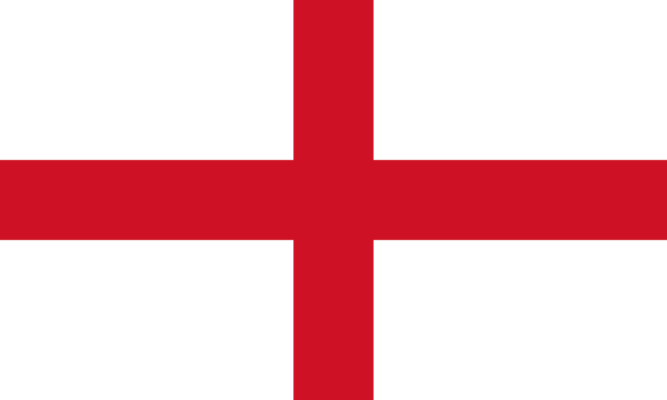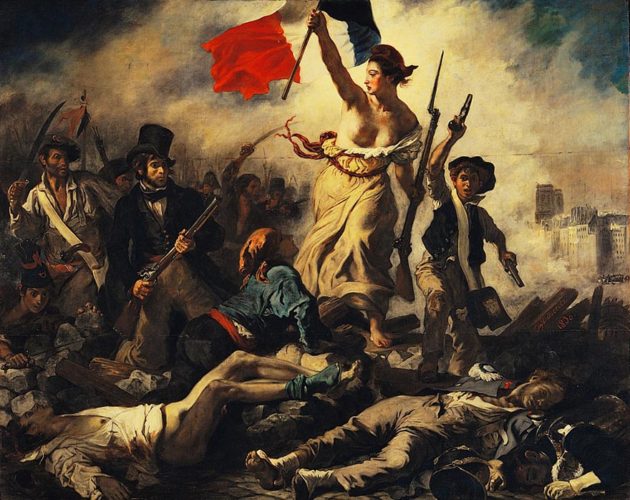Joan of Navarre, Duchess of Brittany and Queen of England
The life of a great, little known queen
Joan of Navarre, Duchess of Brittany and Queen of England (from 1386 to 1437)
Duchess of Brittany
Joan of Navarre (born in July 1370, daughter of the King of Navarre, Charles the Bad and Joan of France), third wife of Duke John IV, mother of John V and Arthur of Richemont, became regent of Brittany following the death of her husband in 1399. She proved to be a fine diplomat, very cautious and skilful in her political decisions. She actively participated in the policy of conciliation between the aristocrats in the duchy (notably between the Clisson and the Penthièvre). Indeed her contribution to the emancipation of the Dukes of Brittany, if only symbolic in form, was nonetheless highly politically important. She organized a royal funeral for her late husband followed by a glorious entry into Rennes for her son John, heir to the ducal crown.
As an ambitious woman, she chose an alliance with England, despite being Valois from her mother’s side. In 1402, she agreed to marry Henry IV, the first king of the Lancaster dynasty, nicknamed "the usurper" by his detractors. The latter could have married a princess of the Empire, Italy or Castile, but he considered Brittany to be of greater strategic interest. This marriage alliance would allow the new king to consolidate his ties not only with the Montfort household but also with Navarre, a powerful house in southern France and northern Spain, thus securing Guyenne in southwest France a little better. As far back as the early 1390s, under the reign of Richard II, the Montforts and Plantagenets had been negotiating a princely marriage between the two houses. Mary, daughter of John IV and Joan of Navarre, had been offered in marriage to Henry of Monmouth (future King Henry V) in 1393.
Queen of England
The marriage between the King of England and the Regent did not receive unanimous support in Brittany. In fact, many nobles disapproved of it. It was out of the question for them that Joan, once Queen of England, could continue the regency, bringing her sons with her across the Channel. She understood the situation, so made sure before leaving Brittany to entrust the guardianship of John V to a man who was won over to her cause: the Duke of Burgundy, Philip the Bold, who gave her sumptuous gifts and money with which to bribe the Breton aristocracy. In this way, Joan succeeded in pushing aside the Clisson and the French party from the crown and so marked the beginning of strong ties linking the houses of Brittany and Burgundy. Nevertheless, many Bretons hardly differentiated between French and Burgundians and remained suspicious of Philip whom they considered a Valois. In historical terms, the Burgundian influence is of short duration and not significant since John V came of age in 1404.
Joan of Navarre, as the wife of Henry IV and mother of the Duke of Brittany, played a key role in maintaining cooperation between the two countries. She gained and retained a great influence over her husband, whom she persuaded to call a truce with Brittany in 1406, a truce which led to an alliance in 1413. The Queen's aim was undoubtedly to protect the interests of her son because Joan, as a circumspect and thoughtful woman, feared a resumption of the war against France, a country that was supporting Scotland and backing the rebellion of Glyndwr in Wales.
As a fine diplomat, she maintained relations with the courts of both France and Spain, and exploited these to negotiate a truce between the King of France and the Duke of Brittany in 1407. She advised her husband not to intervene in the quarrel between the Armagnacs and the Burgundians in France which had been triggered by the incapacity of King Charles VI to govern. Henry IV, on the other hand, endeavoured to spare Brittany, and thus put the dowry of Joan, the important County of Nantes, at the disposal of John V. In reality, Joan never relinquished her income. This created a short-lived dispute between her and her son in 1414. In the end, Joan only gave up £120,000 which had been acquired during her first marriage. Overall, the Queen maintained close relations with her sons, with whom she corresponded on a regular basis, and she received them at the English court. 1
Arrested for witchcraft
Her influence over English politics came to an end with the death of her husband. In particular she failed in her plan to marry one of her Breton daughters to the heir to the throne, Henry V. It must be said that he aspired to higher ambitions! Although she managed to maintain good relations with all her sons-in-law, she had some trouble with the new King Henry V, who wanted to lay his hand on her dower; he had her arrested for witchcraft but the case was ultimately never brought to justice because of false allegations. Even before the king restored her property (in July 1422), she had been able to enjoy certain freedoms and a comfortable life during her imprisonment. Moreover, she had continued to entertain the most powerful men in the kingdom, among others the Duke of Gloucester, Cardinal Beaufort and Lord Camoys. At her death, at the exceptional age of 68 or 69, the Lancaster court organized an ostentatious mourning.
FΩRMIdea London, 1st May 2017.
1 Arthur visited her in 1404 and Gilles in 1409 and 1412. She saw Arthur again when he was taken prisoner in England. Finally, she enjoyed the presence of her grandson Gilles of Brittany, raised at the court in London.
